Lifestyle
15 Things No One Tells You About Life After Retirement

Retirement is often seen as the ultimate goal—a time of freedom, relaxation, and finally doing all the things you never had time for. But once you actually get there, reality doesn’t always match the expectations. Here are 15 things no one tells you about life after retirement—the good, the bad, and the surprising.
The First Few Months Can Feel Like a Vacation—Then Reality Sets In

At first, retirement feels amazing. You wake up without an alarm, have endless free time, and finally get to relax. But after a few months, the novelty wears off, and you might start wondering, “What now?” Many retirees struggle with feeling purposeless once the structure of work is gone, and finding a new routine becomes essential.
Your Social Circle Might Shrink

During your working years, social interactions happen naturally—at the office, during meetings, or even on casual lunch breaks. But after retirement, you may realize that many of those relationships were tied to work. Unless you make an effort to stay connected, friendships can fade, leaving you feeling lonelier than expected.
Spending Habits Change—And So Do Your Priorities

Many retirees assume they’ll need less money after retirement, but the truth is that spending patterns shift rather than decrease. Some expenses, like commuting and work clothes, disappear, but others, such as healthcare, travel, and home maintenance, start adding up. It takes careful planning to make sure you don’t outlive your savings.
You Might Miss the Sense of Purpose That Work Gave You

Work gives people a reason to wake up every morning, a sense of identity, and a feeling of accomplishment. After retirement, many struggle to find a new source of fulfillment. Hobbies, volunteering, and personal projects can help, but it takes time to replace the structure and purpose that work once provided.
Relationships With Family and Spouses Can Shift Dramatically
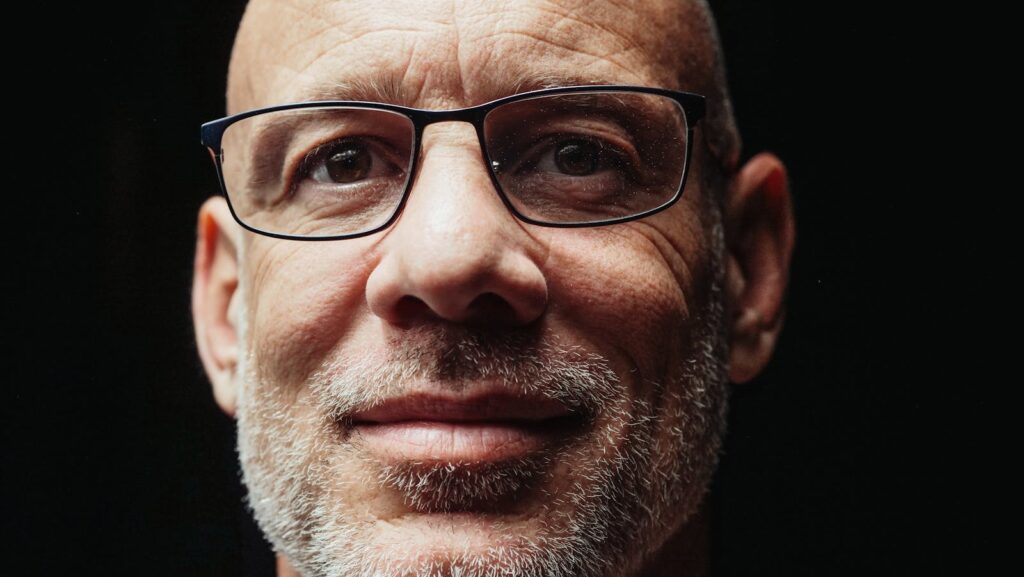
Spending more time at home sounds great, but it can also lead to unexpected tension. If both you and your spouse are retired, adjusting to constant togetherness can be challenging. Some retirees also find that their adult children expect them to provide free childcare, which can be rewarding but also exhausting.
Boredom Can Become a Real Problem
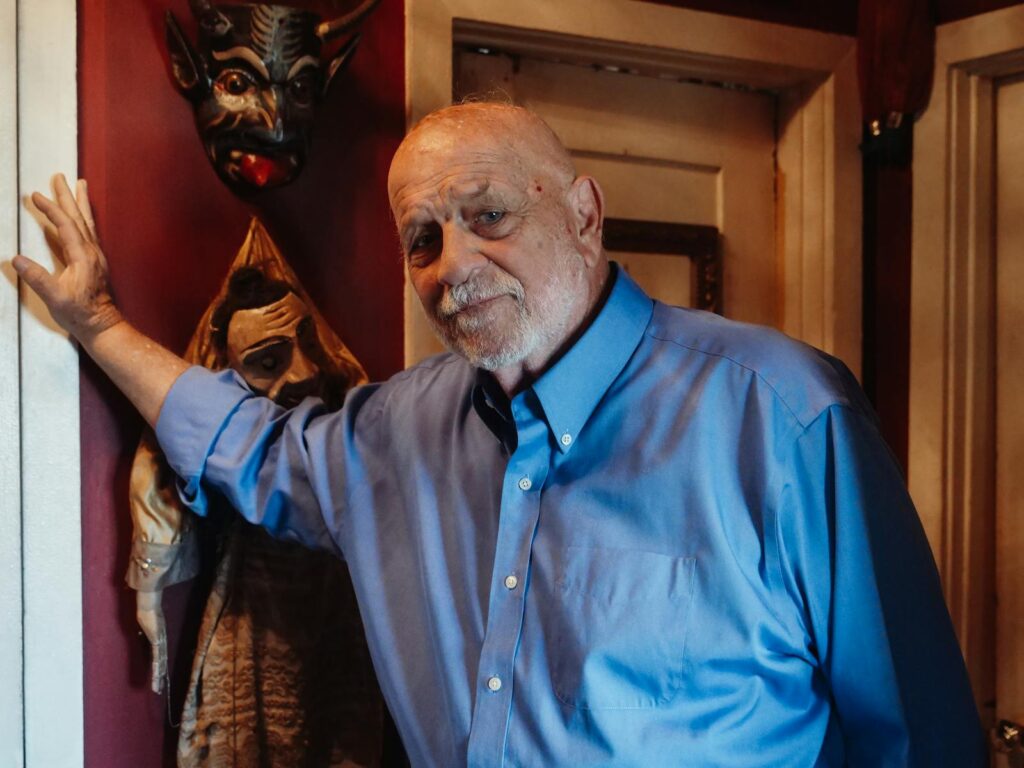
After decades of a structured routine, having too much free time can be overwhelming. Some retirees find themselves watching too much TV, scrolling through social media, or simply feeling restless. The happiest retirees are those who stay engaged through hobbies, travel, learning new skills, or staying active in the community.
Travel Isn’t Always as Easy or Fun as You Imagined

Many people dream of traveling in retirement, but the reality can be different. Health issues, mobility challenges, and even the rising costs of travel can make those big trips harder to pull off. Plus, constant travel can get exhausting, and after a while, many retirees prefer a simpler, slower pace of life.
You Might Feel Guilty for Not “Doing More”

There’s an expectation that retirement should be filled with adventure, new experiences, and constant productivity. But sometimes, you just want to relax. Some retirees feel guilty if they’re not traveling, volunteering, or learning new things. It’s important to remember that enjoying the simple moments is just as valuable.
Healthcare Becomes a Bigger Concern Than You Expected

When you’re younger, healthcare isn’t always a daily worry. However, after retirement, doctor appointments, prescriptions, and unexpected medical issues become more frequent. Even with good insurance, the cost of healthcare can be a shock, making it crucial to plan for medical expenses in advance.
Friends and Family Might Assume You Have Endless Free Time
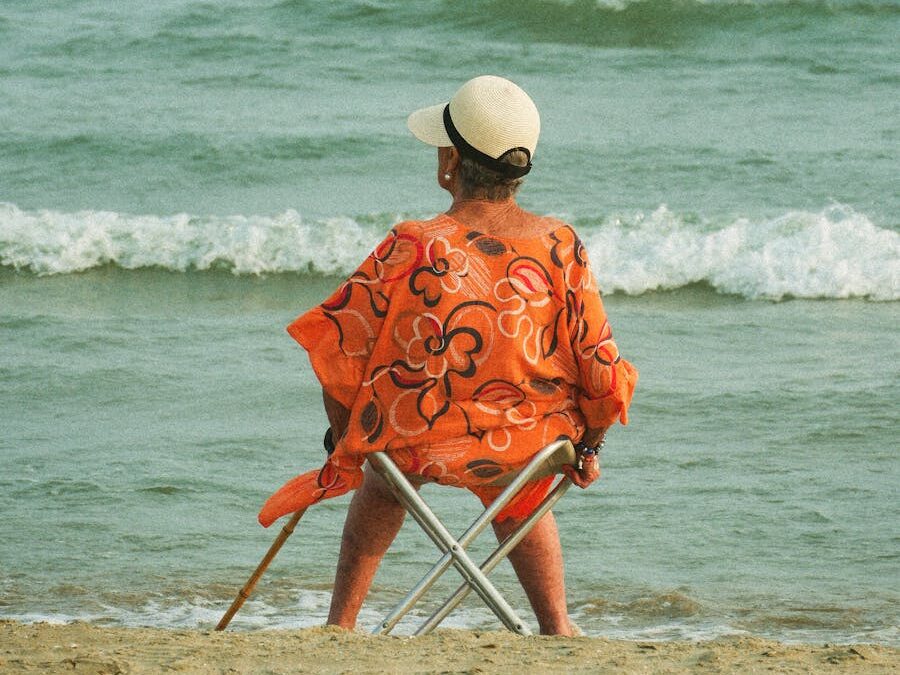
Once you retire, people assume you’re free 24/7. Whether it’s family asking for help with babysitting or friends expecting you to be up for spontaneous plans, others may forget that retirees still have commitments and personal routines. Learning to set boundaries is important to avoid feeling overwhelmed.
Downsizing Sounds Good in Theory, but It’s Emotionally Harder Than You Think
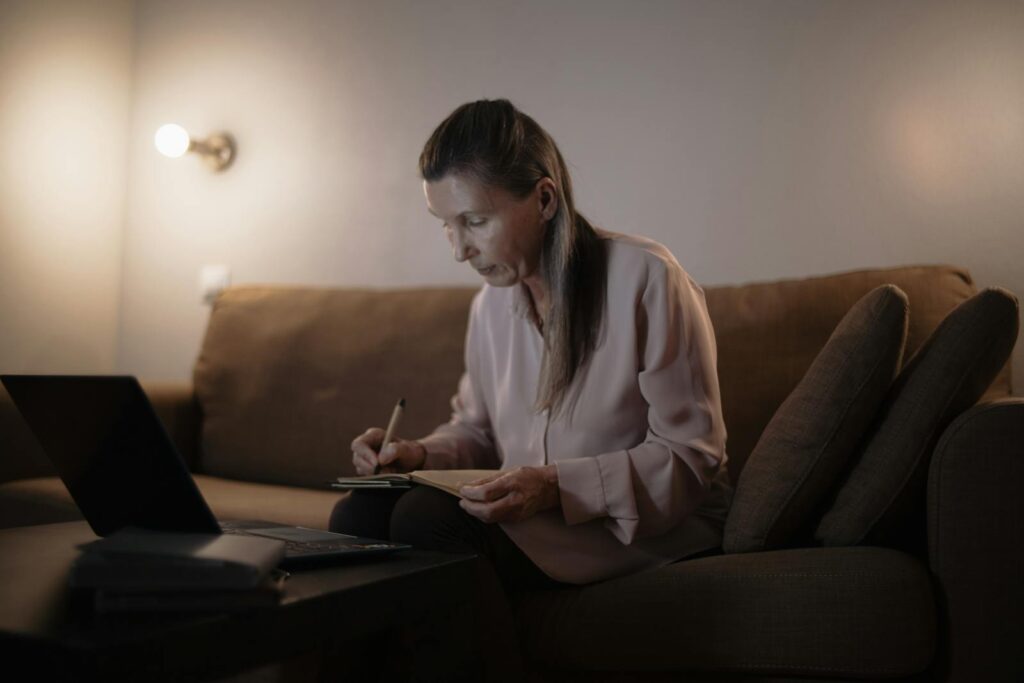
Many retirees plan to move to a smaller home, but letting go of decades’ worth of belongings can be surprisingly emotional. Every object has a memory attached, and deciding what to keep and what to let go of is exhausting. The process of downsizing can take longer than expected and bring up unexpected emotions.
Retirement Can Feel Like a Second Adolescence

Once the work responsibilities are gone, some retirees feel like they’re rediscovering themselves—just like teenagers do. With more time to explore hobbies and new interests or even change your lifestyle, retirement can feel like a time to reinvent yourself. The key is embracing the change rather than fearing it.
The Fear of Running Out of Money Never Really Goes Away
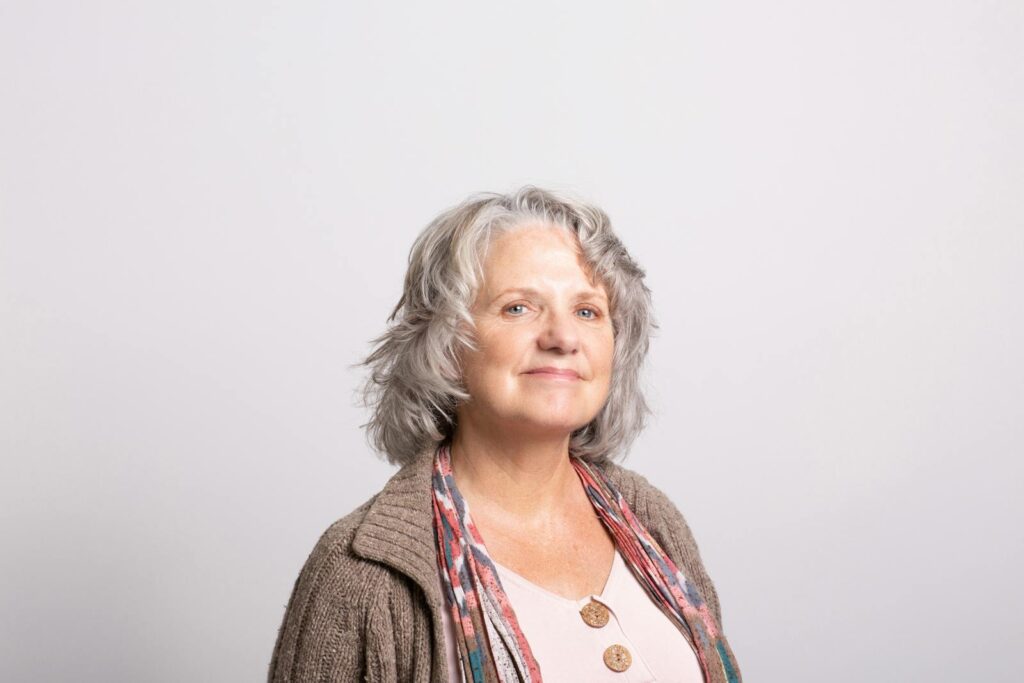
No matter how much you’ve saved, there’s always the worry that it won’t last. Unexpected expenses, economic downturns, or longer life expectancy can make retirees feel uneasy about spending their savings. Careful budgeting and financial planning help, but the fear of outliving your money is a common concern.
You’ll Start Thinking About Your Legacy More Than Ever
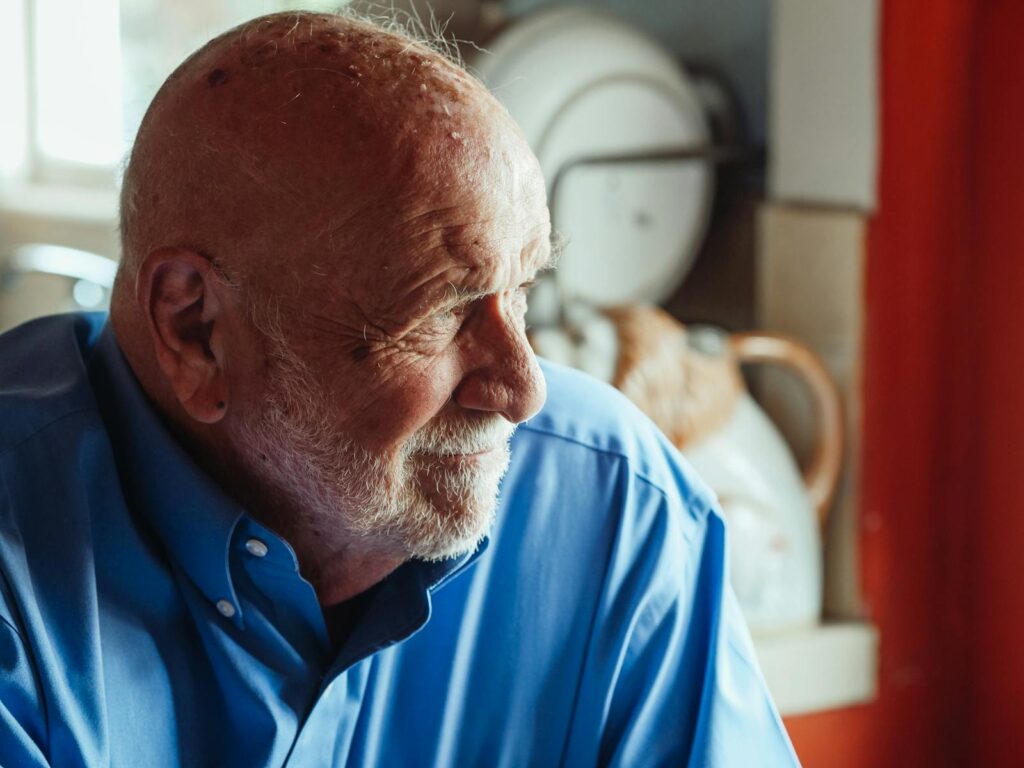
As you get older, thoughts about what you’ll leave behind—both financially and emotionally—become more important. Many retirees start focusing on writing memoirs, passing down family traditions, or getting involved in charities to create a lasting impact. Thinking about legacy can bring a new sense of purpose to retirement.
Happiness in Retirement Comes Down to One Thing: How You Spend Your Time

Ultimately, retirement happiness isn’t about how much money you have or how many trips you take—it’s about how you fill your days. The happiest retirees are those who stay socially connected, have meaningful activities, and continue growing in some way. Finding joy in the little things makes all the difference.

